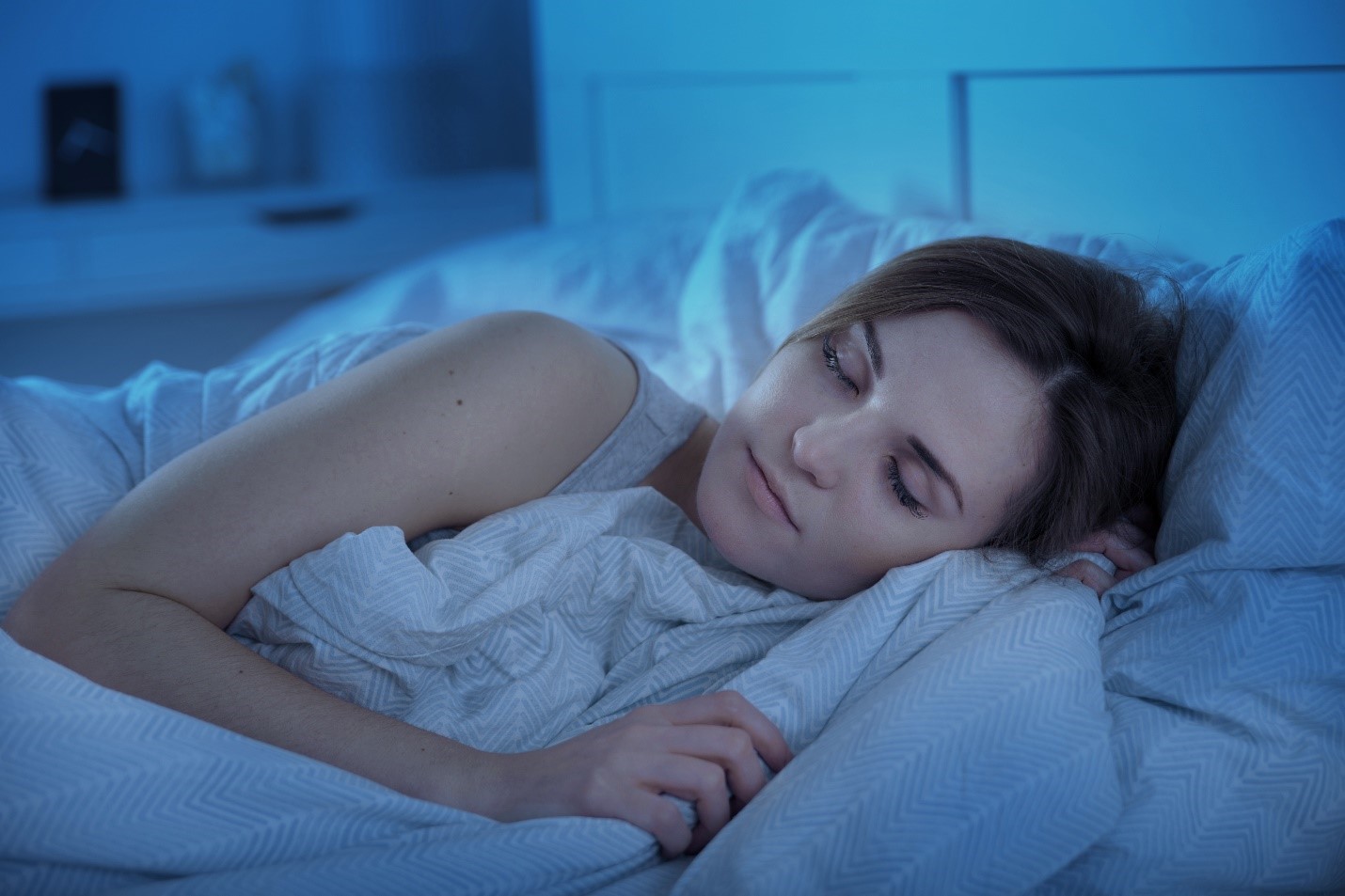Sleep is like your childhood best friend that you haven’t seen in a while but always welcomes you back in with open arms (and a cozy comforter). They’re there for you when it really counts.
But what if your bestie starts acting out?
You didn’t do anything to deserve their shady behavior, snide remarks, and short temper. So how do you kick the attitude to the curb and get your friend back? Or in this case, your much-needed rest?
#1 – Increase Daytime Light Exposure
Your circadian rhythm is a powerful system, but it needs your help to stay healthy. To keep your sleep-wake cycle running in tip-top shape, you’ll want to increase your daytime light exposure. Natural sunlight is always better, so try:
- Taking a walk during your lunch break—great for your physical well-being, too
- Spending the weekend afternoons outdoors instead of cooped up inside
- Working next to a big window with the blinds up; if nothing else, work in a brightly lit area (this is better for your eyes, anyway!)
#2 – Decrease Nighttime Light Exposure
On the flip side, you should also try to decrease your light exposure at night. Since there’s no natural light to worry about (unless you live in the Arctic during the summer—we don’t know your life story), this means reducing your screen time and bright household lamps.
Put your mobile device to rest early and try some screen-free (and stress-free!) activities:
- Stretch out your muscles after a long day of sitting
- If you feel restless at bedtime, follow along to a guided meditation
- Read a book, magazine, or newspaper—on paper, not your iPad or Kindle!
- Grab some crayons or bright markers and get creative with an adult coloring book
- Listen to your favorite podcast or album (or ASMR if that’s your thing!)
Dimmer switches are also a great addition to your home to achieve a more ambient glow rather than harsh fluorescents that stimulate your brain right before bedtime.
#3 – Change Your Sleeping Position
Some people think of sleeping posture as a personal preference—“I’m more of a back sleeper myself,” or “front-sleeping is the way to go!” (it’s not, for the record). And let the record reflect that there is, in fact, a “best” sleeping position.
If you experience nighttime acid reflux, your hands fall asleep at night, or you wake up frequently with no real explanation as to why then you should adjust your sleeping posture for improved rest.
Sleeping on your left, slightly elevated, is the gold standard according to plenty of sleep experts.
You can even purchase specially formulated pillows that help you maintain this ideal position throughout the entire night—like a body pillow, but one designed for better sleep instead of simulated companionship.
#4 – Avoid Daytime Sleep for Increased Sleep Pressure
When you finally come home after an exhaustingly long day, you fall asleep before your head even hits the pillow. That’s because of the mounting sleep pressure—basically, how badly your body and brain need to rest.
The more you withhold that sweet, sweet release during the day, the easier it’ll come at night.
Here are a few ways to do that:
- Quit hitting that snooze button
- Take short naps, if you’re going to at all—like 15 to 20 minutes short
- Stick to a regular napping schedule rather than sporadic sleep
- Avoid dozing after 5:00 p.m.
- Try not to oversleep, even on the weekends when you finally get the chance
Healthy sleep requires consistency. If you’re struggling with that, try starting a sleep journal (or using an app) to pinpoint where things might be going awry (and where you need just a little more self-discipline).
Sleep disturbances are sometimes caused by sleep disorders. Most sleep disorders aren’t life-threatening initially, but it is frustrating and dangerous to not get a good night’s sleep. Consult a doctor if you’re experiencing disturbed sleep patterns, especially if your breathing patterns also seem off because this could be a sign of sleep apnea.
Pauses in breathing while asleep is one of the characteristics of sleep apnea, and it leads to less oxygen entering the body and sudden awakening during the night. Sleep apnea is a serious condition that needs immediate medical intervention, such as having to use a continuous positive airway pressure (CPAP) machine.
This machine helps deliver a continuous stream of pressurized air to the lungs through a mask worn over the nose or mouth.
Sleep Is Your Life-Long Companion
The snooze button is not your friend, but a good night’s sleep certainly is. And just like your BFF, sleep will be in your life forever. These four tips will help you maintain a good relationship with it.
